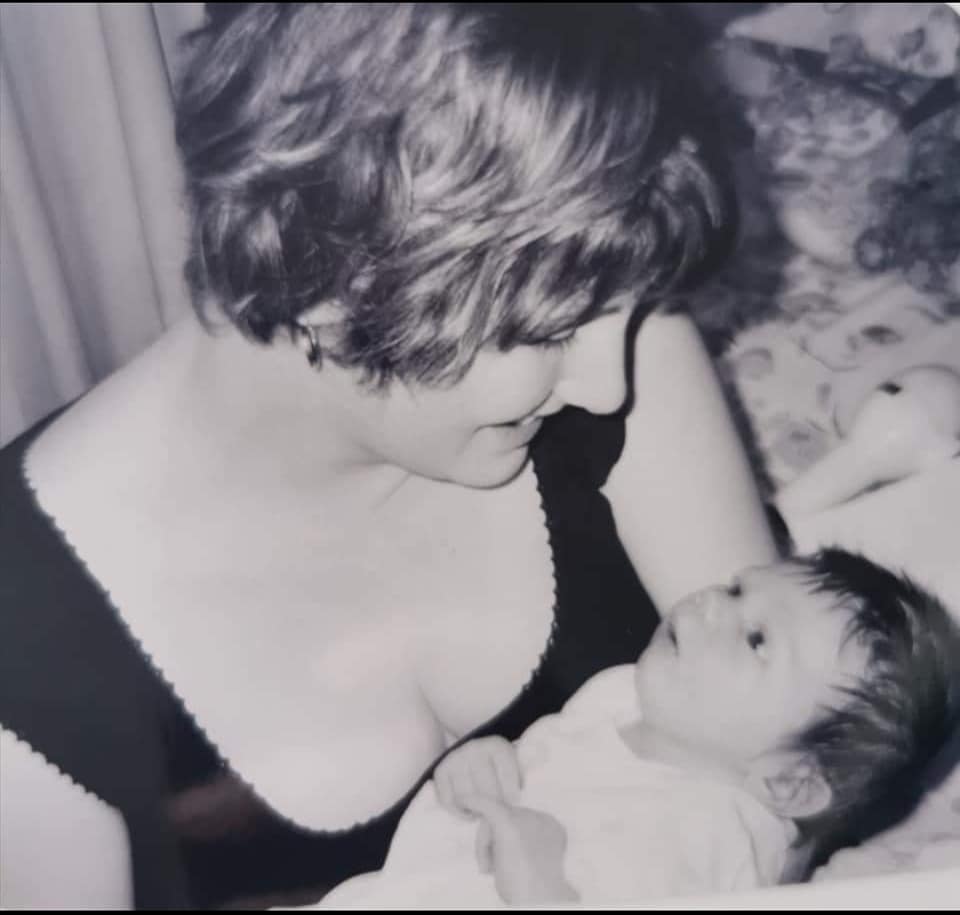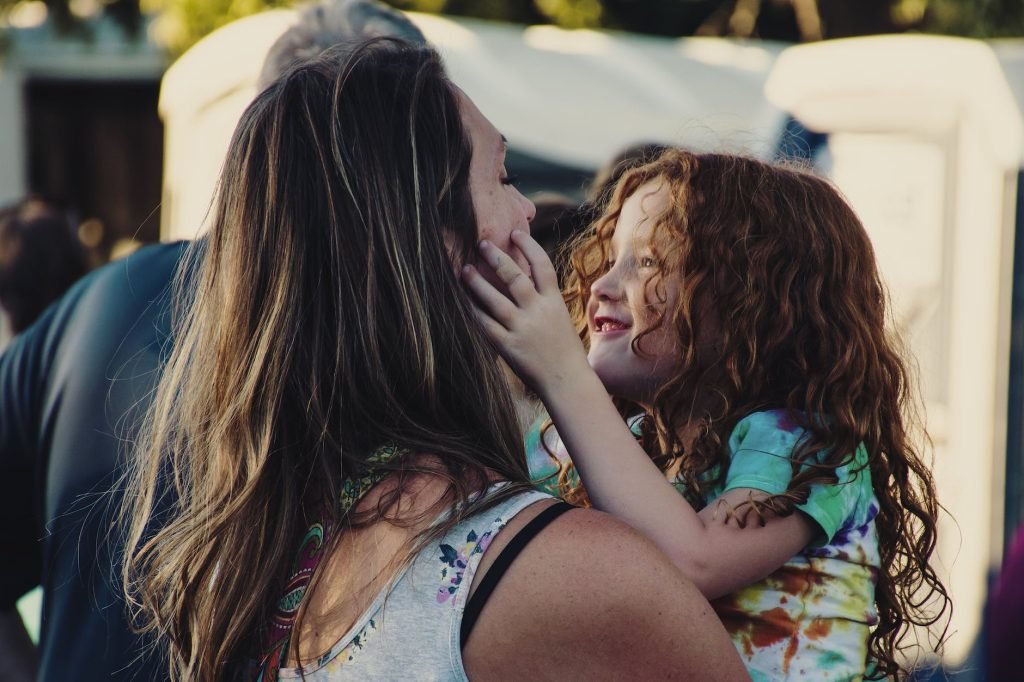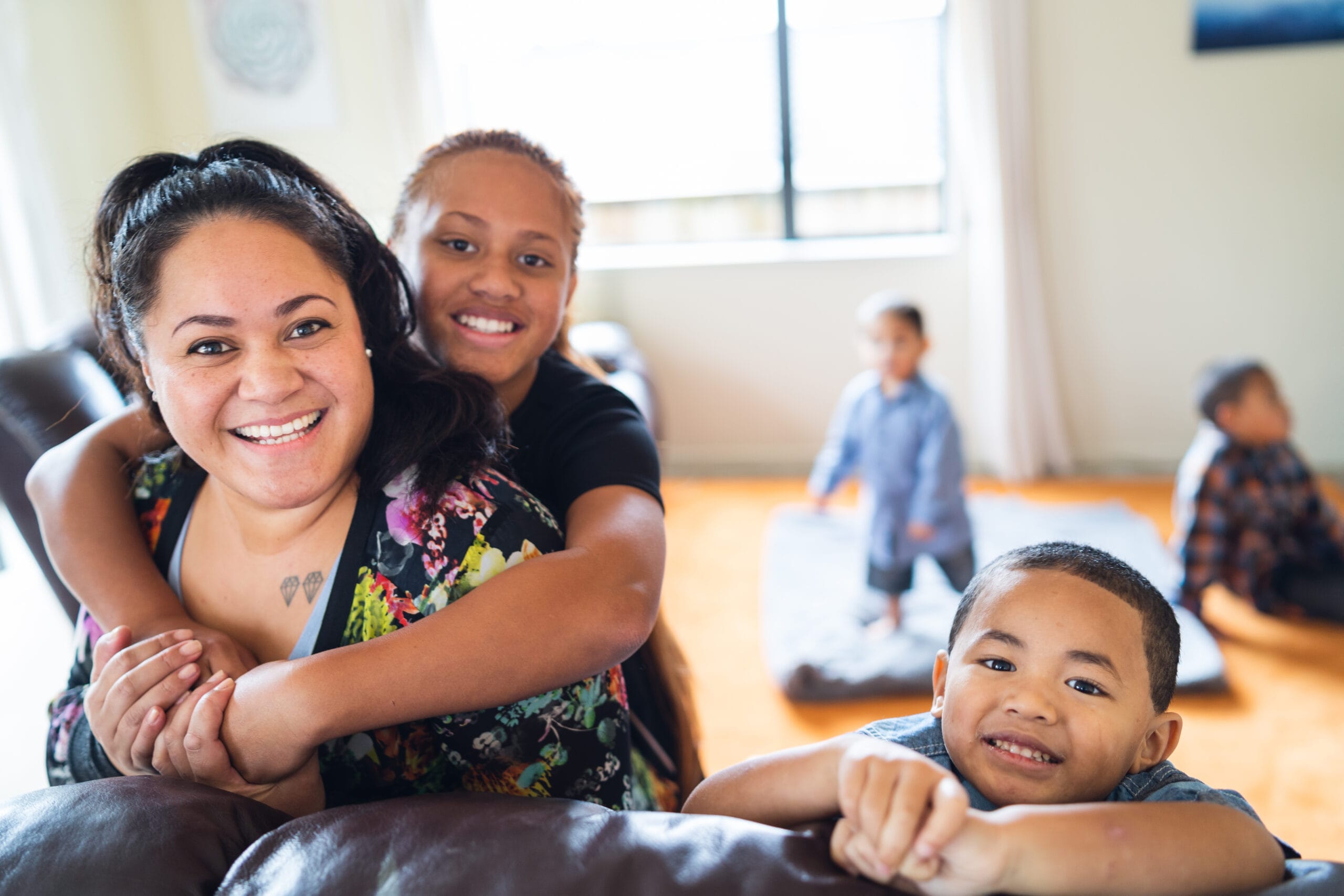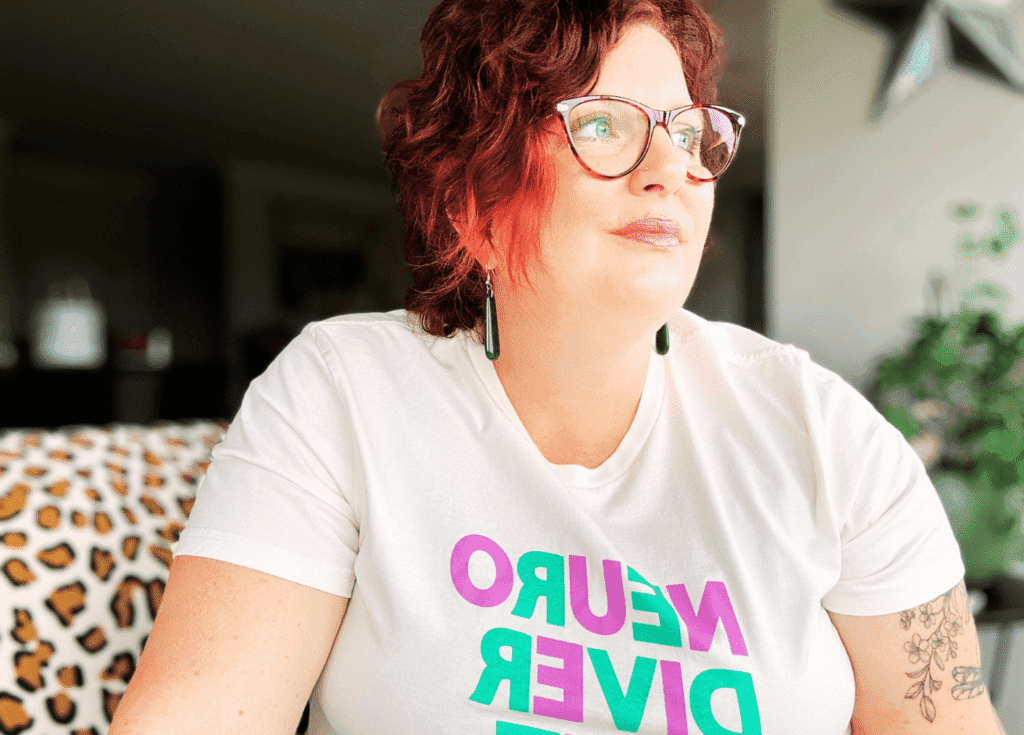What the Pikler Approach Taught Me About Connection, Sovereignty, and Burnout Recovery
I began my career serving families as a teacher more than 25 years ago.
Like many teachers of that time, I was trained in the behaviourist approach, a model inspired more by dog training than by human development.
As a young teacher in my twenties, I didn’t think to question it. It fit neatly with how I had been raised and the worldview of the culture around me. Obedience equalled success; compliance meant respect.
But something in me always hesitated.
There were moments, the look of fear in a child’s eyes, the tightening in my own chest, that whispered this can’t be the way.
When I first encountered the work of Dr Emmi Pikler, something deep within me exhaled.
It wasn’t just a new teaching method or parenting philosophy; it was a way of being with another human soul. Her ideas spoke directly to the quiet dissonance I’d been carrying as both teacher and mother.

This experience illuminated everything my body had been trying to tell me: that care and connection are not tasks to be performed or tools to achieve outcomes. They are sacred invitations to slow down, to truly see, and to re-enter relationship with our own humanity.
This soon became more than a way of teaching or parenting. The respect demonstrated by this approach became the foundation of all my future relationships and underpins my entire coaching philosophy.
In this blog, I want to share how you can use these seven simple principles to support both you and your child through burnout recovery.
1. Full Attention — The Sacred Pause
Pikler teaches us to give full, undivided attention during caregiving. This is an opportunity to fill our children’s emotional tank.
In low-demand parenting, this becomes the art of the sacred pause, the moment we drop the to-do list and truly see our child.
Dr Pikler famously said:
“It is only when a child is emotionally satisfied that they will engage in authentic play”.
In burnout recovery, attention is medicine. It says, “You don’t have to perform to be worthy of my presence.”
And when we offer that to our children, we begin to learn how to offer it to ourselves, too.

2. Slow Down — Healing the Pace of Modern Life
Our nervous systems cannot heal at the speed of productivity. Many of our children in burnout are casualties of a world that has forgotten how to honour their natural rhythms and the ways of being they need to truly thrive.
Pikler invites slowness, not as indulgence, but as respect for our children and life’s natural rhythm.
Low-demand parenting echoes this: slowing down so our children can catch their breath and our own bodies can remember what safety feels like.
When we slow down, connection becomes possible again.
3. Care as Relationship
For Pikler, every nappy change, bath, or meal is an opportunity to build trust with the infants in her care.
In burnout recovery, small rituals of care become anchors. Every time we meet our child’s needs, we are reinforcing the message, “Your needs matter, you matter, you can trust me”
Tuning into the sacredness of these care moments reminds both parent and child that a relationship is not built in big moments, but in consistent, attuned ones.
When we soften our focus from outcomes to connection, we create conditions where healing can take root.
4. “With” — Not “To”
This is sovereignty in action – recognising the personal power and innate value of every person, whether they are an infant, a child, or an adult.
We move away from doing to or fixing for, and toward being with.
When our children are in burnout, our job isn’t to pull them back into the world before they’re ready; it’s to sit beside them in the stillness and trust their inner wisdom to lead.
This “withness” is radical; it decentralises the adult as authority and centres the child as a whole, and equal partner, worthy of equality and respect, even in their exhaustion.

5. Readiness and Respect
Pikler taught never to put a baby into a position they cannot get into themselves. This principle is all about trusting the natural rhythms and readiness of the individual child, not an external milestone or checklist of where they should be.
What if we extended that to every stage of life?
Low-demand parenting honours readiness as sacred. We stop forcing development, socialisation, or recovery according to external timelines.
Instead, we trust the nervous system’s own pace, both theirs and ours.
That’s how sovereignty is nurtured: through trust, not pressure.
6. Uninterrupted Play — The Space of Integration
Play, in its purest form, is how humans make sense of life. For neurodivergent humans, special interests and time spent in flow state are important for overall well-being.
Play is an essential part of healing from burnout. When a child is in burnout, play might look quieter, slower, or more inward. Our role is not to direct it, but to protect it.
This principle also invites us, as parents, to rediscover our own form of play, the creative, soulful expression that reminds us we are more than caregivers; we are living, feeling beings.
7. Tuning In — Listening as an Act of Love
Pikler believed that even the youngest babies are always communicating. We only need to learn their language.
Our children arrive in this world deeply connected to their own sovereignty. It is we, often with the best of intentions, who teach them to tune out their inner wisdom and place their trust in voices outside themselves. And then, we spend much of our adult lives feeling adrift and disconnected, longing to find our way back home to that original, sacred connection with ourselves.
In low-demand parenting, listening becomes our compass.
We tune in to cues, bids for connection – verbal, sensory, emotional, instead of imposing expectations.
And over time, this deep listening rewires our relationship with our children and ourselves: we begin to hear our own inner voice again, the one we lost under years of noise, shame, and shoulds.

The Bigger Picture: Rehumanising Ourselves
The Pikler approach isn’t a technique. It’s a practice of remembering.
It reminds us that every human, child or adult deserves freedom of movement, freedom of expression, and the right to unfold in safety and love.
When we live these principles, we’re not just raising connected children, we’re repairing generations of disconnection.
We’re learning to mother ourselves with the same tenderness we offer our children.
And that, perhaps, is the deepest healing of all.
The Training Ground of Parenting
I was recently introduced to the idea of Earth School while reading Elizabeth Gilbert‘s book, All The Way To The River. The perspective that we come to this world as souls to learn something important really intrigued me. And I can’t help but think that some of us choose an especially challenging assignment: parenthood.
For me, parenting has been, and I suspect will always be, a lifelong training ground in humanness. Through my time as a parent, I’ve learned to navigate grief and loss, I’ve had several spiritual awakenings, and I’ve had to completely rewrite my understanding of behaviour, “good” parenting, neurodivergence, inclusion, sexuality, gender, and spirituality, just to name a few.
Parenting isn’t something we master and then stop learning. There’s no final exam, no point where we finally get it “right” and never make mistakes again. I don’t think there’s anyone who does this perfectly, and maybe that’s the whole point.
Relationships are some of the hardest work we’ll ever do as human beings. We’re all so different, constantly changing, and every day brings a new set of variables shaping our shared human experience. As our children grow and change, so do we. It’s the nature of relationship itself.
It often feels high-stakes, and I understand that deep pressure, that ache to get it right, because we’re shaping a human life. But sometimes we forget just how much wriggle room there really is. The purpose of relationship isn’t perfection; it’s to learn, to grow, to evolve with another person. Rupture and repair, over and over again, is part of the sacred rhythm of connection.
So if today you’re finding parenting hard, if you’re beating yourself up for getting it “wrong again,” fearing that this one interaction might somehow ruin your child forever, please remember: you are learning alongside your child.
Offer both of you a little more compassion today, for how beautifully you’re showing up to the lessons of this great Earth School.
If this speaks to something deep within you, know that this is the heart of what we explore together inside From Burnout to Balance, slowing down, rebuilding safety, and remembering how to live and parent from connection rather than control.
You don’t have to walk this path alone. Come, exhale, and find your breath again.
Would you like my latest reflections and parenting blogs delivered straight to your inbox? Subscribe to receive each new post as soon as it’s published.
The Person Who Wrote This Blog
Hi, I’m Tanya Valentin, an AuDHD parent, family coach, author, and podcaster. I guide parents of Autistic and ADHD kids through burnout recovery using a neuro-affirming, trauma-informed approach.
As a parent of three autistic teens, I know firsthand how isolating and exhausting this journey can be. If this spoke to something inside you, you’re not alone. You can find more reflections and gentle community-based support inside From Burnout to Balance.

